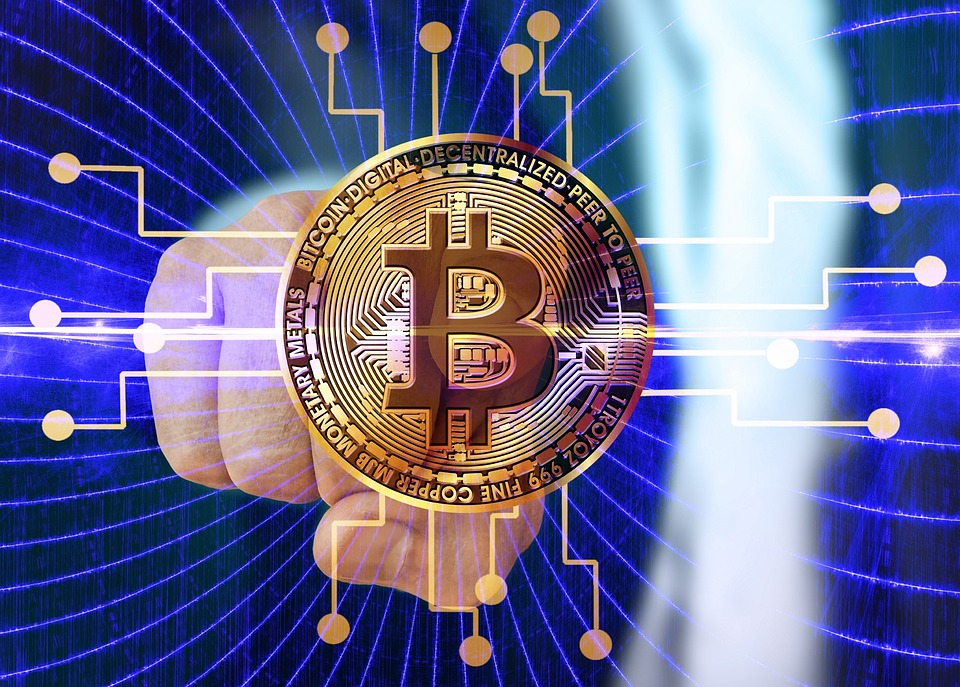Decentralized Finance, or DeFi, has been gaining significant momentum in the financial industry in recent years. In simple terms, DeFi refers to financial services that are built on blockchain technology, rather than traditional centralized institutions like banks or other financial intermediaries. One of the key components of DeFi is the use of smart contracts, which are self-executing contracts with the terms of the agreement directly written into code. These smart contracts are stored on a blockchain, making them immutable and transparent.
Smart contracts are revolutionizing the way financial transactions are conducted by eliminating the need for intermediaries. This has several key benefits, including lower costs, increased efficiency, and enhanced security. With smart contracts, transactions can be automated, eliminating manual processes and reducing the risk of errors or fraud. This automation also means that transactions can be completed much faster than through traditional methods, which can take days or even weeks to settle.
Another key advantage of smart contracts in DeFi is the ability to create complex financial products and services without relying on centralized institutions. For example, decentralized lending platforms allow users to borrow and lend funds directly to each other, without the need for a bank or other financial institution to facilitate the transaction. This opens up access to financial services to a much wider audience, including those who may be excluded from traditional banking systems.
Additionally, smart contracts in DeFi allow for greater transparency and accountability. Because all transactions are recorded on a blockchain and cannot be altered, users can easily track the flow of funds and verify the accuracy of transactions. This level of transparency can help prevent fraud and increase trust in the financial system.
Despite the many benefits of smart contracts and DeFi, there are also challenges and potential risks. One of the key risks is the relatively new and experimental nature of DeFi platforms, which may be susceptible to bugs or vulnerabilities in the code. Additionally, regulatory concerns continue to be a hurdle for DeFi, as regulators around the world grapple with how to regulate these decentralized systems.
Overall, smart contracts are disrupting traditional financial systems by providing a more efficient, transparent, and accessible alternative. While there are challenges to overcome, the potential of DeFi and smart contracts to revolutionize the financial industry is clear. As more users and developers embrace this technology, we can expect to see even greater innovation and growth in the DeFi space in the coming years.
